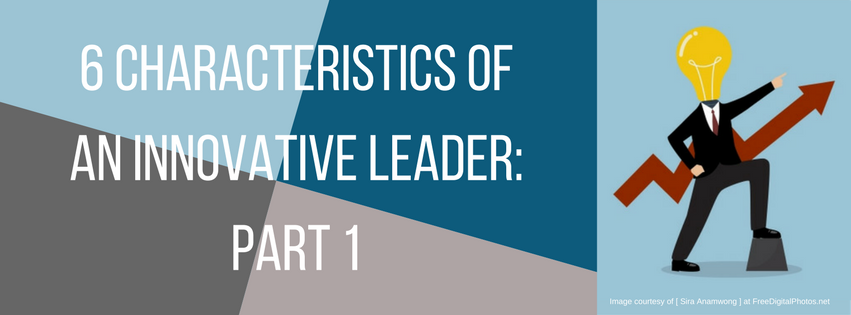Are you going through a leadership identity crisis or wondering how to improve your leadership skills? This excerpt from Glenn Llopis’s book, The Innovation Mentality, shows you 6 characteristics you should have to renew your leadership mentality.
At a pitch to the leaders of the merchandising department at a Fortune 500 company, I closed my presentation by asking the leader of the team, “What are you trying to solve for?” She didn’t know how to answer that. Neither did the other leaders on her team, because only those who’ve lived their personal brands openly and genuinely and understand their value propositions have taken the steps to break free from their leadership identity crises.
These leadership identity crises are real, severe and have created dysfunction both within the teams those leaders lead and how consumers are identifying with the company and/or its brands and services. They’ve not only minimized trust but also diminished their companies’ performance and influence, reduced productivity and set people back in their careers.
These people lost their distinction and their sense of self in the process of having the business define them as individuals. As a result, too many leaders have been acting inauthentically, managing by the templates of old, and cannot evolve to be the leaders their company needs, because those templates stripped them of their identities and left them uncertain about who they are and how to face change.
This is how leadership identity crises are born. And when the people at the top of a business have these leadership identity crises, those in the middle on down find it difficult to begin their journey to develop their personal brands and value propositions. In today’s new normal, people want to be part of a workplace culture that allows them to be their natural, authentic selves — one that supports their efforts to be more purposeful, responsible and accountable. Everyone (from the front desk and mail-room on up) wants a role to play. Instead, they’re losing their identity and their skill sets are becoming outdated while their employers try to figure out their future.
This is also what makes consumers less trusting because they don’t believe a brand’s intention is authentic. Companies may say all the right things in their PowerPoint presentations, like “We want a more personal engagement for our brand with consumers” or “We want to create competitive advantage through diversity and inclusion” without understanding what those words mean. Without that meaning and thus a clear sense of what they’re doing — let alone why – those companies are going to lose the competitive advantage they thought they could claim, not to mention current and future employees and customers.
That’s why everyone would benefit if leaders broke free from these identity crises. To do this, you need to stop getting trapped in all the noise and focus on adopting a new mindset. You have to shift your thinking from the organization as a provider to the organization as an enabler. In a more profound sense, you need to start thinking of yourself as a participant in a larger whole rather than merely a business leader. You can regain a perspective and authenticity that makes you capable of surviving and indeed thriving as a leader who transforms the workplace culture through your people, who strengthens your business’s brand and impact in the marketplace.
To stop playing it safe, leaders must stop clinging to the hidden agendas and maneuvering that cause their employees and customers to distrust their intentions. Without that trust, you can’t do any of the work ahead. How can you expect people to trust you if they don’t know who you are? Thus, the first step in establishing or re-establishing this trust is to get out of this identity crisis management mode.
Glenn Llopis is a former C-suite corporate executive and entrepreneur of several successful companies, including his firm, Glenn Llopis Group. Most of his writings focus on the following: strengthening leadership distinction, elevating corporate cultures and building teams in a wisdom-based economy, business evolution in the 21st century, maximizing organizational and people potential and enabling growth through the cultural demographic shift.
In the next post we’ll look at the suggestions from Glenn oh how to re-establish leadership identities and redefine the corporate culture.
